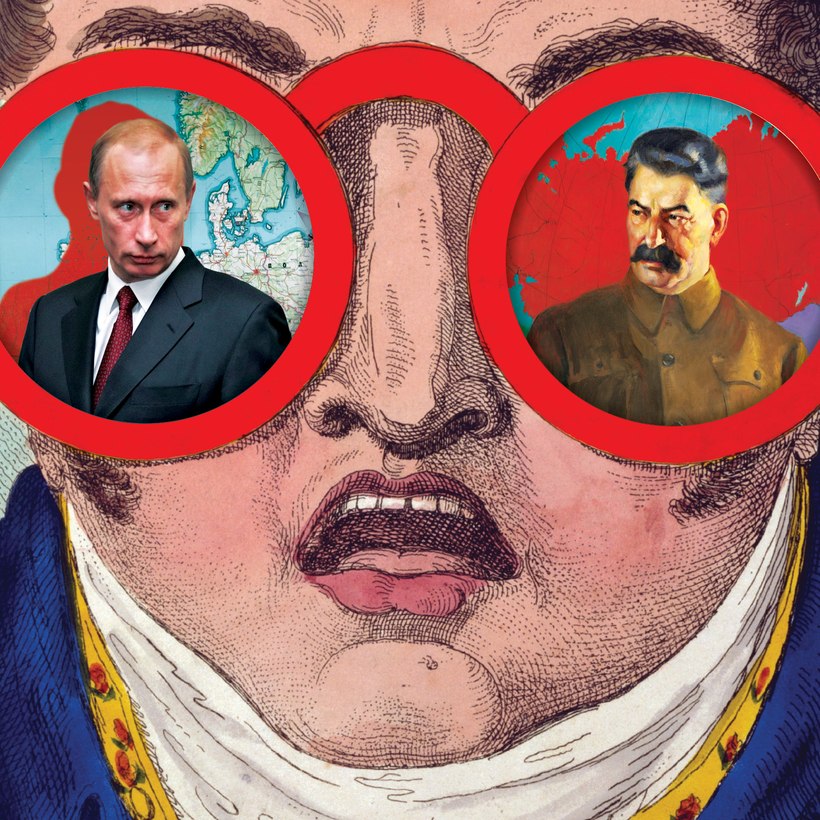He did not expect them to fight. Faced with such overwhelming might, the Russian dictator felt sure that the leaders of the small country on his western border would simply hand over the territories he demanded. But they did not. Displaying a quite exceptional courage, they refused to capitulate and, instead, prepared to resist the Russian juggernaut.
Over the next three months—from November 30, 1939, to March 13, 1940—the Finns surprised and inspired the world as their Lilliputian army held off Stalin’s invading force of nearly half a million men and 1,500 tanks.


